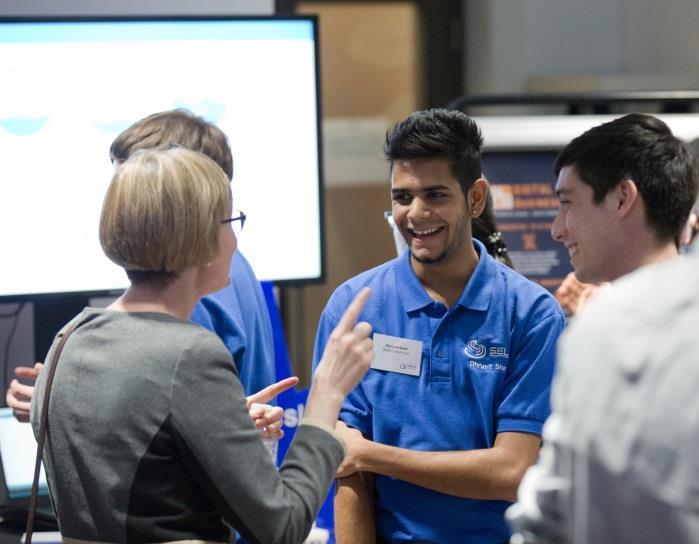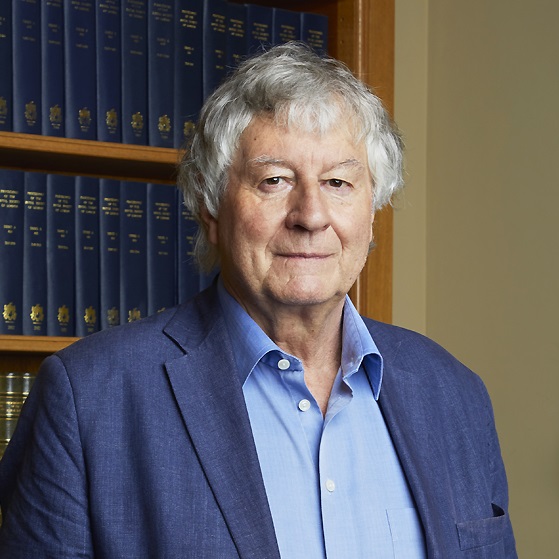What is innovation in science?
Scientific research is constantly generating new ideas, technologies and insights, but for the wider world to benefit from these, they must move from the laboratory into the commercial sector. This can generate new jobs and increase productivity to power the UK economy, but it can also provide the tools needed to tackle large scale challenges. Innovations in green energy technologies, such as using hydrogen as a new type of energy storage solution or as a fuel are helping to tackle climate change; artificial intelligence is changing the speed and accuracy of medical health testing for diseases and techniques for developing new vaccines rapidly mean pandemics can be controlled.
The UK already has an outstanding track record in transforming innovative ideas into impactful products and services. Its world-class industrial research plays a key part in this, but for this process to flourish, it is essential for academia, industry, and government to collaborate so that ideas and skills flow between them. This requires investment not just in research and developmen t, but also in people by creating the kind of environment that will attract and retain the very best talent.

















